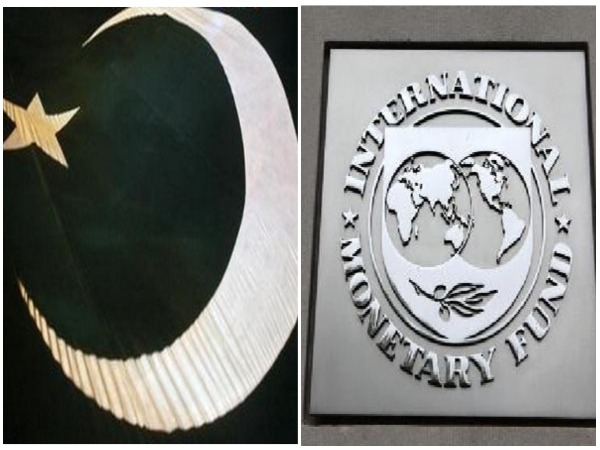Pakistan's new fuel pricing scheme needs to be agreed before IMF deal
Ruiz, in a message to Reuters, confirmed a media report that a staff level agreement would be signed once a few remaining points, including the fuel scheme were settled. The petroleum and finance ministries did not immediately respond to a request for a comment.

- Country:
- Pakistan
A long-awaited loan agreement between Pakistan and the International Monetary Fund (IMF) will be signed once a few remaining points, including a proposed fuel pricing scheme, are settled, an IMF official confirmed on Friday.
Pakistan and the IMF have been negotiating since early February on an agreement that would release $1.1 billion to the cash-strapped, nuclear-armed country of 220 million people. The latest issue is a plan, announced by Prime Minister Shehbaz Sharif last week, to charge affluent consumers more for fuel, with the money raised used to subsidise prices for the poor, who have been hit hard by inflation, which in February was at its highest in 50 years.
The scheme is planning a difference of around 100 Pakistani rupees (35 U.S. cents) a litre between the prices to be paid by the rich and poor, according to the petroleum ministry. Petroleum Minister Musadik Malik told Reuters on Thursday that his ministry had been given six weeks to work out the pricing plan. It would be not a subsidy but a relief programme aimed at helping the poor, he said.
But the IMF's resident representative in Pakistan, Esther Perez Ruiz, said the government had not consulted the fund about the fuel pricing scheme. Ruiz, in a message to Reuters, confirmed a media report that a staff level agreement would be signed once a few remaining points, including the fuel scheme were settled.
The petroleum and finance ministries did not immediately respond to a request for a comment. With enough foreign reserves to only cover about four weeks of necessary imports, Pakistan is desperate for the IMF agreement to disperse a $1.1 billion tranche from a $6.5 billion bailout agreed in 2019.
Ruiz has said that the fund would ask the government for more details about the fuel proposal, including how it would be implemented and what protection would be put in place to prevent abuse. Islamabad has implemented several fiscal measures, including devaluing the rupee, lifting subsidies and raising energy prices as preconditions for the agreement, which the finance minister said this month was "very close".
(This story has not been edited by Devdiscourse staff and is auto-generated from a syndicated feed.)










